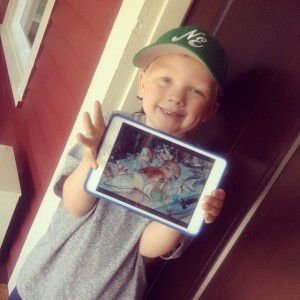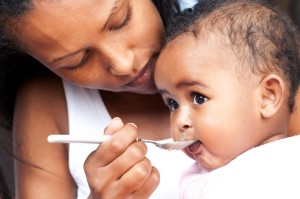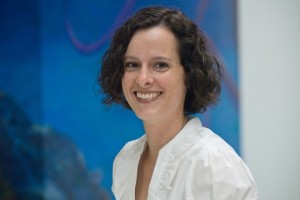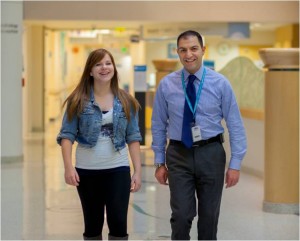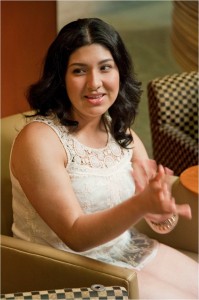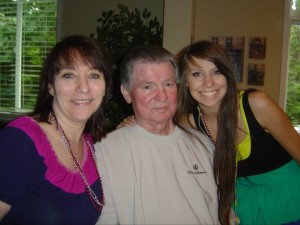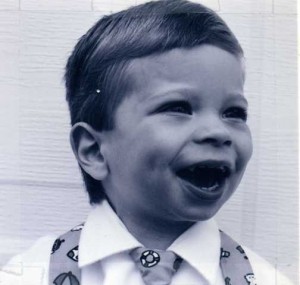On a Saturday in March, 13-year-old Trey Lauren was playing with his friends at a birthday party when he fell and cut his knee on a nail. It was a typical injury for a kid his age, but what resulted was anything but typical. Trey was taken to a local emergency room that night, and […]
On the Pulse
Independence Day has a unique meaning for Greg and Kelsey Garka. It was on July 4, 2008, that their brand new baby boy, Mason, had his chest closed after the first of three life-saving heart operations at Seattle Children’s Hospital. “His recovery from that day forward went text book well,” Kelsey Garka said. “It was […]
A new study reports infants eating a typical diet consume unsafe levels of phthalates, man-made chemicals used in plastics that can interfere with growth and brain development. Dr. Sheela Sathyanarayana, a Seattle Children’s Research Institute environmental medicine expert, co-authored a study that compiled data from 17 international studies measuring phthalate (pronounced thall-eight) exposure in different foods. Diet is believed to be the greatest […]
Nearly all men and women in the United States are infected with human papillomavirus (HPV) during their lives, putting them at greater risk of developing life-threatening cervical, anal, vaginal, penile, throat and tongue cancers. But, what if it was possible to stop these cancers from developing? The National Cancer Institute has awarded Seattle Children’s Research […]
Paige Norris’s young life seemed to be sailing along with fair winds and sunny skies. At 10 years old she was an enthusiastic tennis player with lots of friends and a stellar academic life – two years ahead in every subject. But sometime in fourth grade her internal weather shifted, and she developed debilitating abdominal […]
Summer is right around the corner and summer camps provide much-needed structure to kids’ schedules by giving them opportunities to further develop cognitive and social skills outside of the school year. However, there’s often a lot of time and anxiety that goes into preparing your child for summer camp—especially if it’s their first time. Here […]
Kathia Vega Flores will never forget the way her friends and family reacted when she came home from a month-long hospital stay at age 11: They did not recognize her. Kathia had been diagnosed with lupus, a lifelong disease that causes inflammation throughout the body. The medications used to control her disease caused Kathia’s body […]
At 12 years old, Pepper Snider knew something wasn’t quite right. After a bout of Mononucleosis (mono), Snider began feeling a sense of enjoyment from hunger and started to purposely restrict herself. Years later, a comment from an eighth grade classmate would put everything into focus. “Look at that roll.” It was the beginning of […]
Paul Wright dreamed of one day living in Seattle’s bustling downtown and working in one of the many sprawling skyscrapers. But as a boy, it seemed like a near-impossible dream. He was born with a physical disability, arthrogryposis, a condition that prevents joints from moving as much as normal. Doctors thought he would never walk […]
The sun was bright when Lyla Conrad and her father arrived early for softball practice to catch a few pop flies. Lyla, 9 at the time, had caught hundreds before, but that day she lost one in the sun. It fell straight down into her eye. Almost immediately, her eye was swollen and she felt […]


